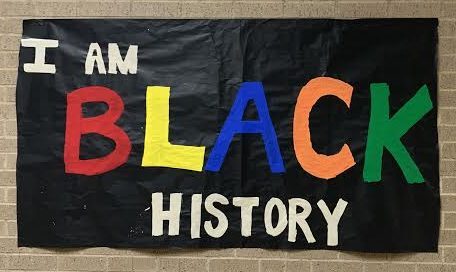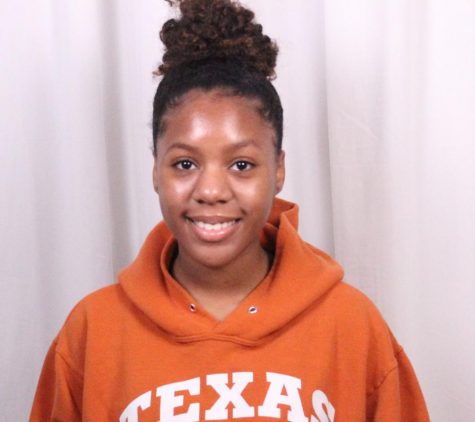Teaching Black History

Thanks to the efforts of World History teacher, Heather Willson, Black History Month is getting a fresh look.
While almost everybody knows that February is black history month not everyone knows about the non traditional black heroes that aren’t taught in most social studies or history classes.
Heather Wilson, African American studies teacher, knows that many students are interested in learning about African American history and culture, Wilson decided to teach African American studies at Lake Ridge this year.
“I feel like if students have an interest in the class we need to fulfill that. I have been fighting and asking to have this class on campus because the kids want it therefore, I want it,” Wilson said.
However Wilson also knows that required history classes should teach more about African American culture and history.
“There is a Eurocentric ideal that got our scope and sequence by the state and all of our teachers cover the state and district requirements. With that being said, I know a lot of our teachers do hit on it stronger than what the state requires us to because it is interesting to the students,” Wilson said.
While teachers may be trying their best to include African American studies into their lessons students like sophomore Skylar Parker just don’t think it’s enough.
“All we learn is European history even in world history I only know the basic black history individuals like Martin Luther King, Harriet Tubman, and Rosa Parks and while they are important to know and learn about, I want to hear about more people and their contributions not only to the African American community but the whole country and world,” Parker said.
Some students like junior Jalen Harrison feel like they would be able to see some of themselves in figures in black history that students don’t really learn about. Because of this they may feel unrepresented in the figures that are typically taught in the classroom.
“I want to learn more about Malcolm X because I’m the type of person that’s more aggressive towards my problems, I’m more willing to fight for what I believe in. Malcolm X was also like that. And while we always learn about Martin Luther King I can’t relate to his way of solving problems. So I feel like if we learned more about Malcolm X I could see myself in a powerful person who helped make a positive change in America,” Harrison said.
While everyone has different views on the way African American studies are taught most can agree that it is important to be open and inclusive during the conversation.

